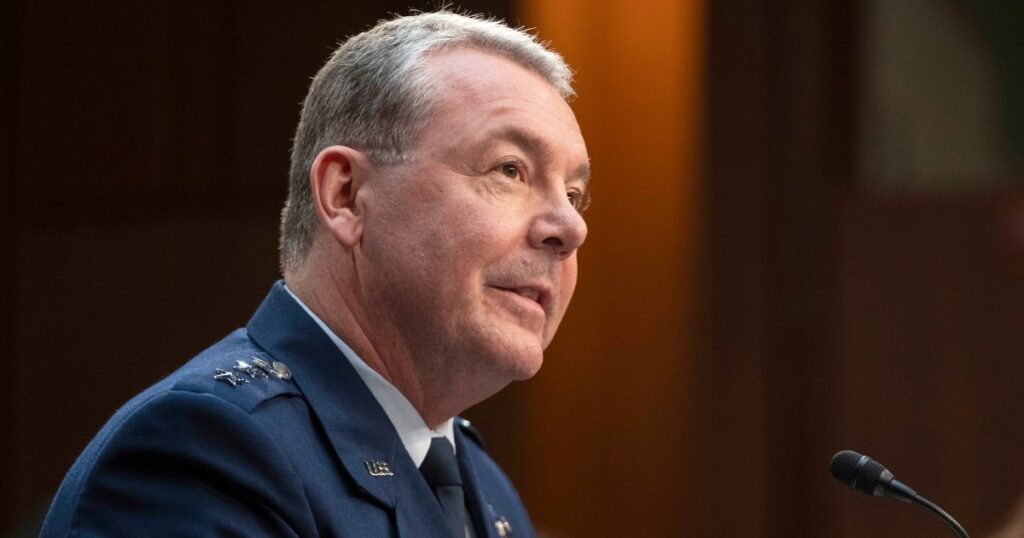Head of US Defense Intelligence Agency Jeffrey Kruse fired alongside two senior Navy officials in latest purge.
United States Defense Secretary Pete Hegseth has fired a general whose agency’s preliminary intelligence assessment angered President Donald Trump for reporting that the US attack on Iranian nuclear sites in June had inflicted limited damage, according to reports.
The Pentagon firings on Friday, which, according to US officials who spoke to the Reuters and Associated Press (AP) news agencies, also include two other senior military commanders, are the latest moves by the Trump administration to purge officials at the Department of Defense .
It was not immediately known on what grounds Lieutenant General Jeffrey Kruse, who led the Defense Intelligence Agency (DIA) since early 2024, was fired.
But President Trump had previously decried the agency’s initial findings on US strikes against Iran.
The initial DIA assessment – which was widely reported on by US media – contradicted claims by Trump that the strikes totally destroyed the nuclear sites, drawing the ire of both the president and officials within his administration.
Kruse “will no longer serve as DIA director”, a senior defence official said on condition of anonymity on Friday, without providing an explanation for the general’s departure.
Prior to becoming director of the DIA, Kruse served as the adviser for military affairs for the director of national intelligence, and also held positions including director of intelligence for the coalition against the ISIL (ISIS) group.
Hegseth also fired Vice Admiral Nancy Lacore, who is chief of the Navy Reserve, as well as Rear Admiral Milton Sands, a Navy SEAL officer who oversees Naval Special Warfare Command, according to officials who spoke to both AP and Reuters.
All three military officials said they did not know why they were fired by the Trump administration, which has demanded loyalty across the government.
“The firing of yet another senior national security official underscores the Trump administration’s dangerous habit of treating intelligence as a loyalty test rather than a safeguard for our country,” said US Senator Mark Warner, who is the vice chair of the Senate Select Committee on Intelligence.
Since beginning his second term in January, Trump has overseen a purge of top military officers, including the chairman of the Joint Chiefs of Staff, General Charles “CQ” Brown, whom he fired without explanation in February.
Other senior officers dismissed this year include the heads of the US Navy and Coast Guard, the general who headed the National Security Agency, the vice chief of staff of the US Air Force, a Navy admiral assigned to NATO, and three top military lawyers.
The chief of the US Air Force also made a surprise announcement on Monday that he planned to retire only halfway through his tenure.
Hegseth has insisted the president is simply choosing the leaders he wants in top positions, but Democratic lawmakers have raised concerns about the potential politicisation of the traditionally neutral US military.
Earlier this year, Hegseth additionally ordered at least a 20 percent reduction in the number of active-duty four-star generals and admirals in the US military, as well as a 10 percent cut in the overall number of general and flag officers.
News of Kruse’s firing came two days after Director of National Intelligence Tulsi Gabbard announced that she was revoking – on Trump’s orders – the security clearances of 37 current and former US intelligence professionals.
Gabbard has also announced the first major overhaul of her office since its creation, slashing personnel by more than 40 percent by October 1 and saving more than $700m per year.

